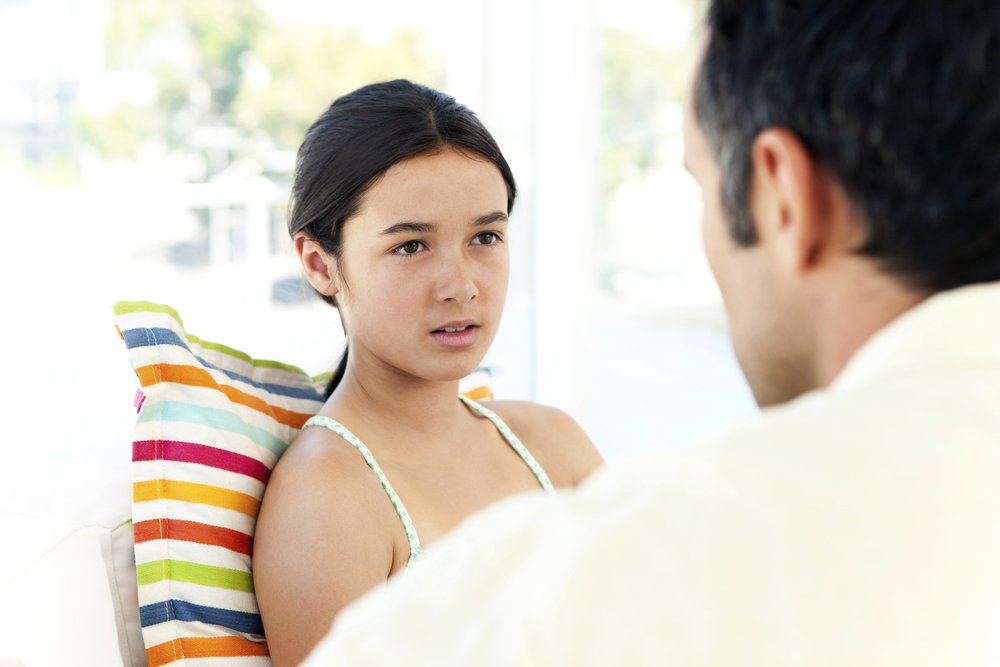Just yesterday, violent images and reports of shooting were once again inundating our lives with the shooting of congressional leaders, aides and police in Alexandria, Va. It was only a few weeks ago, on May 22nd, 2017, that the Manchester attacks occurred at the Ariana Grande concert which killed and injured innocent children and their parents.
It’s tough to watch the toxicity of the world tarnish the innocence of our children. No one wants their kids to know that there are horrible people out there who want to hurt and kill others. However, the harsh reality of it all is that it is in the kids’ best interest to be aware of and have open communication pertaining to the rise in terrorist attacks.
Many parents have concerns about how to speak with their children about terrorism and develop ways to reassure them that they are safe.
Following are some tips to help guide you in these discussions:
- Sit down with your kids in a comfortable environment where they are free from distractions. When you are situated, ask them what they already know about the terrorist attacks. That will help you determine how to have the conversation without delving into too much at once.
- Start by asking them how they feel. By determining their thoughts and feelings on the matter, you’ll allow them to express themselves, which will inform you on their understanding and wellbeing.
- Be honest and clear, keeping in mind the age of your child. For younger children, keep the discussion simple by utilizing words and language that they understand and are comfortable with.
- As the conversation continues, their emotions may heighten, but keep in mind that any anger, sadness, frustration, and so on is natural. Their response is in regards to the recent events, which are scary and can instill fear in anyone (Niz, 2017).
- To help them through their emotions, reassure your children that their safety is in good hands as many people work to keep them safe. Just as Mr. Rodgers says, “look for the helpers,” or look for those who are in uniform and whose job it is to help others.
- Explain that many people from all over want to help such as the police, firefighters, and doctors and nurses (healthychildren.org, 2017).
- You can also reassure them by discussing what to do as a family to practice safety such as wearing seat belts, wearing helmets, being aware of their surroundings, and having an emergency action plan established (Niz, 2017).
- Moreover, in the best way that you can, model positive coping skills such as leading a healthy lifestyle, speaking about your emotions, and maintaining consistency within the household (Niz, 2017).
- Parenting is an individualized process which gives you the authority to determine how much media exposure you want your kids to have. The older that they are, the more likely they are to know about and better comprehend the terrorist attacks through varying forms of media, and word of mouth. It’s up to you to discuss it with them.
Niz, E. S. (2017, May 23). How to Talk to Kids About Terrorism. Retrieved June 14, 2017, from http://www.parents.com/parenting/better-parenting/advice/how-to-talk-to-kids-about-terrorism/
How to Talk to Your Children after an Act of Terrorism. (n.d.). Retrieved June 14, 2017, from https://www.healthychildren.org/English/healthy-living/emotional-wellness/Pages/How-Talk-to-Children-After-Act-Terrorism.aspx?gclid=CK7w87Gju9QCFQaBswodt0oBOg
















